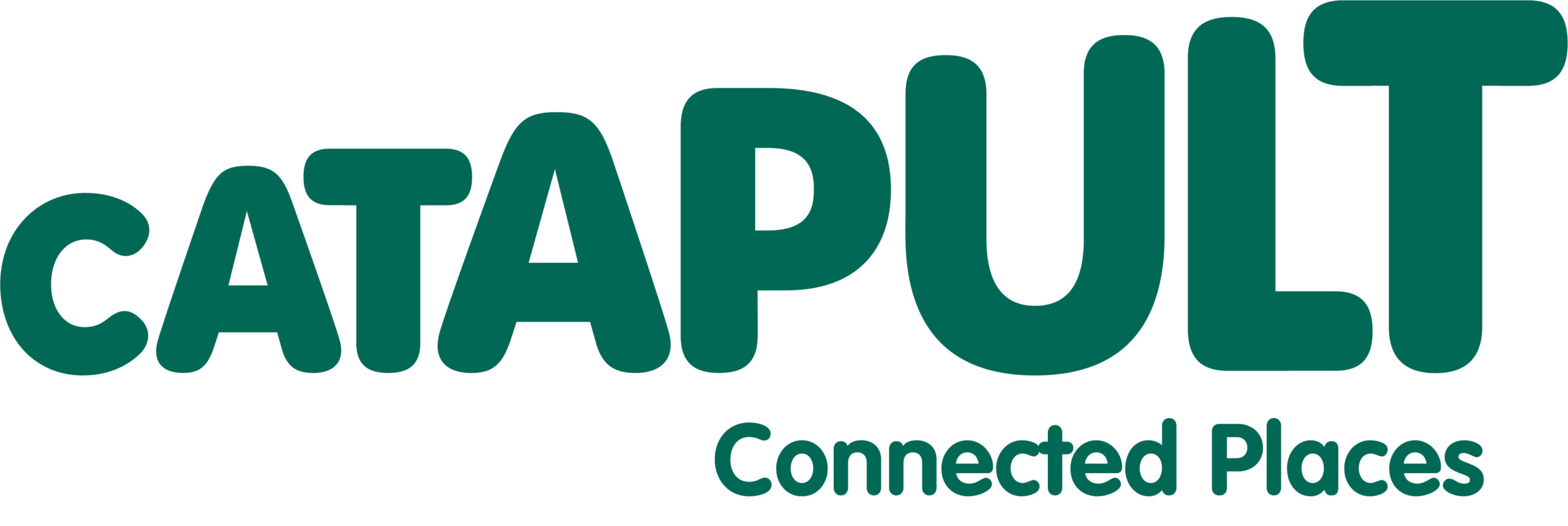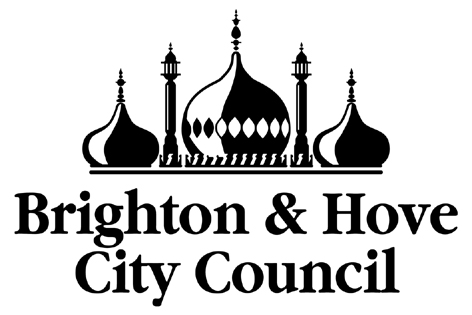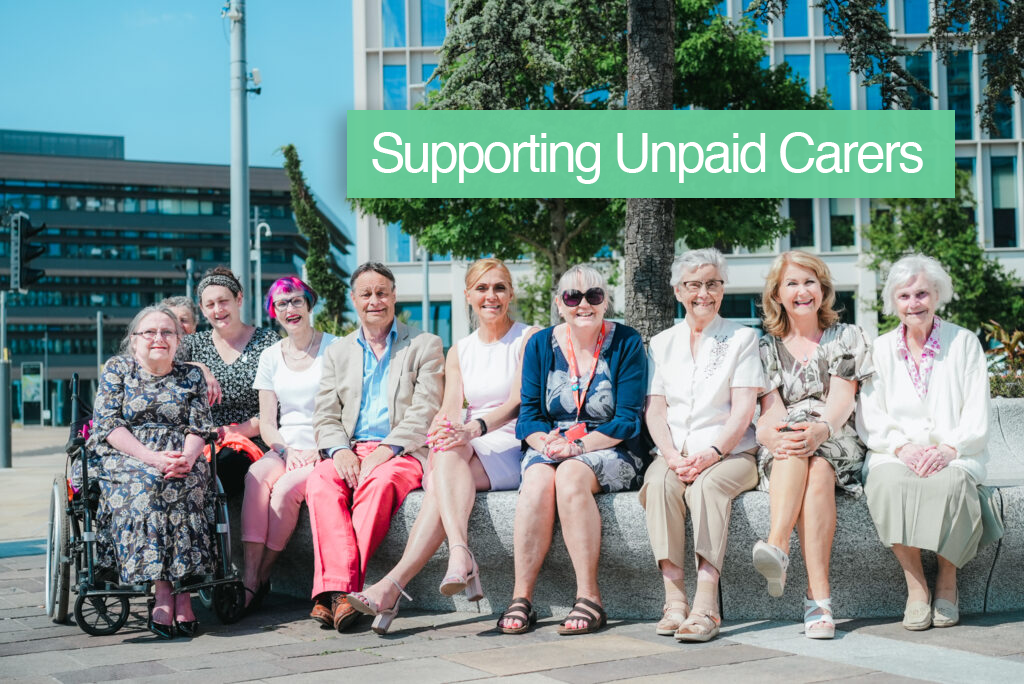
Homes for Healthy Ageing
Brighton & Hove Testbed
As our population is getting older, the demand for home care is on the rise. Unpaid carers save the UK Government over £190 billion each year. Supporting them is essential for building a fair society.
Many carers don’t see themselves as carers and it can often take them time to acknowledge their role as a carer. Often they do not acknowledge their vital role, their effort and the impact caring has on them.
Tendertec worked with the Connected Places Catapult, the University of Brighton and the Brighton & Hove Council to answer one question:
How can we support unpaid carers in supporting their care for older adults?
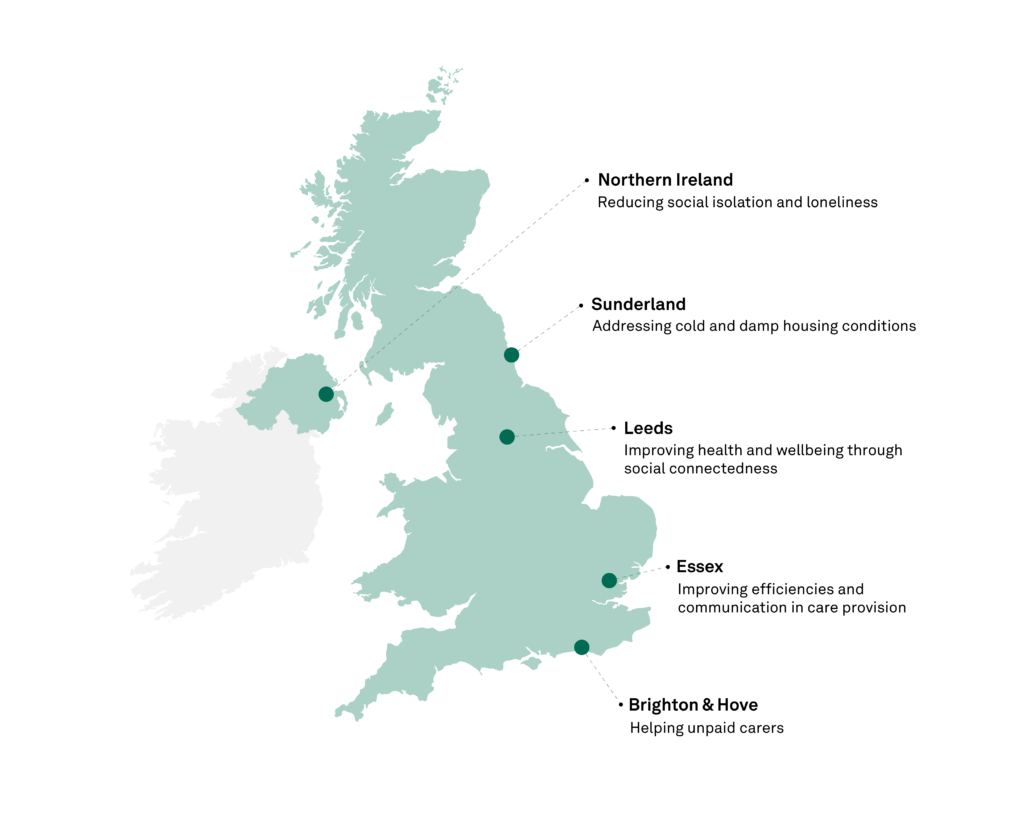
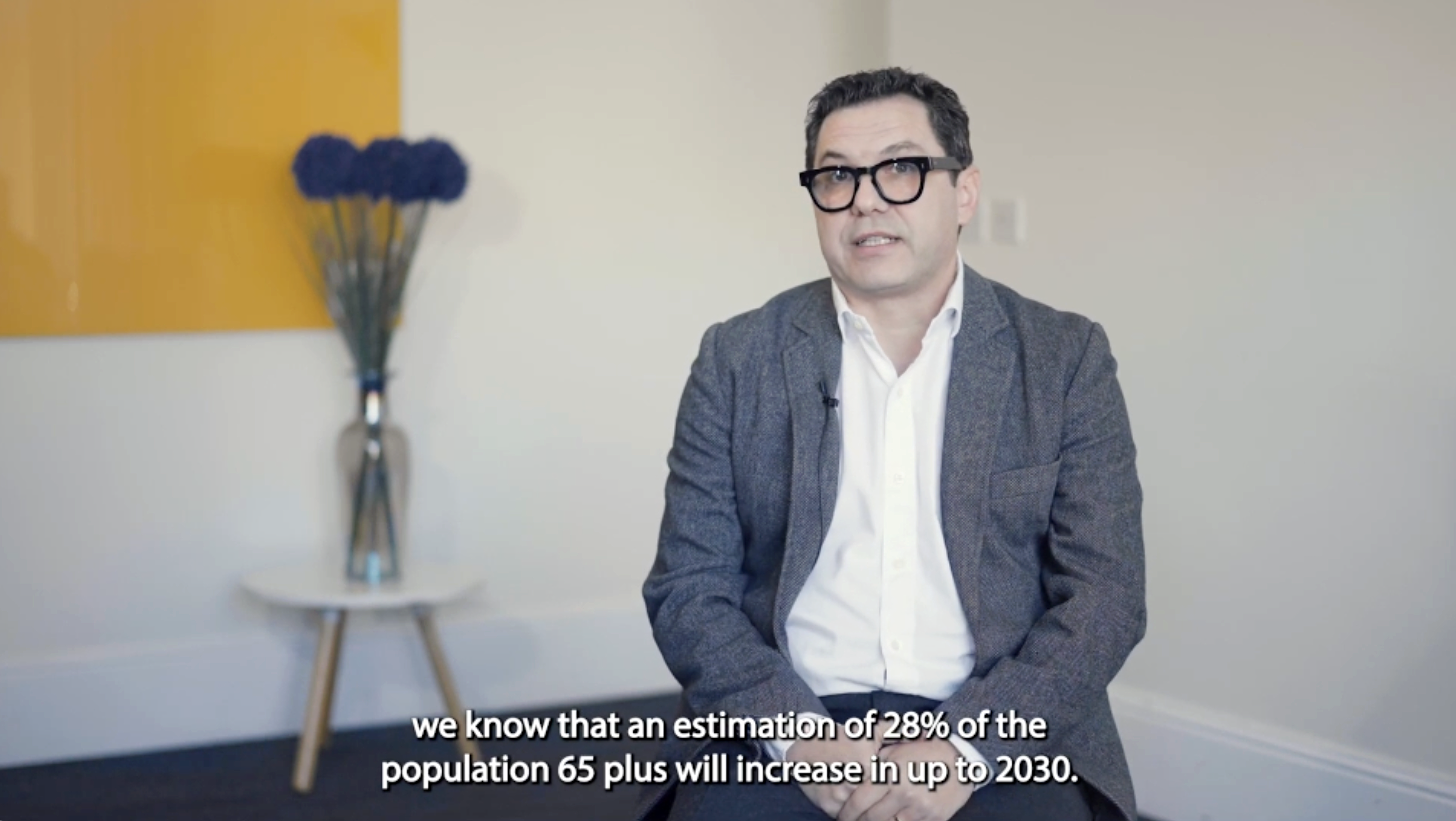
How we helped
Tendertec’s Hestia platform performs 24/7 risk audits to provide reassurance to unpaid carers.
Carers use Hestia to pick up missed incidents such as falls and near falls, review incident response times and be informed on signs of fever. Furthermore, Hestia allows carers to review how sedentary or active their loved ones are during their absence as well as understand if they exhibit signs of sleep problems.
We worked with unpaid carers and the people they support to evaluate Hestia‘s impact on the lives of unpaid carers.
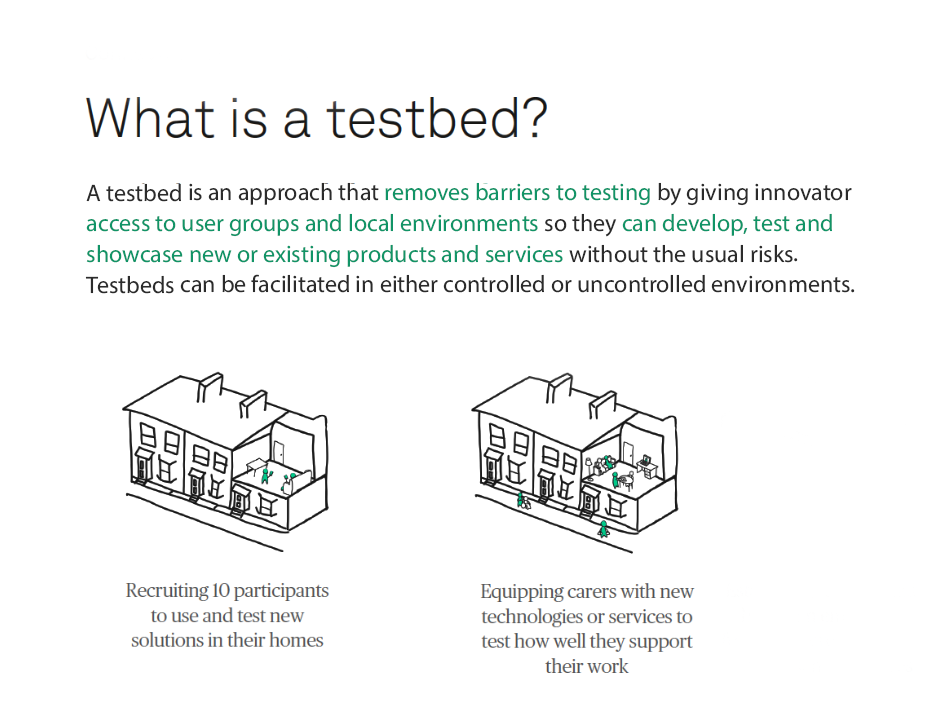
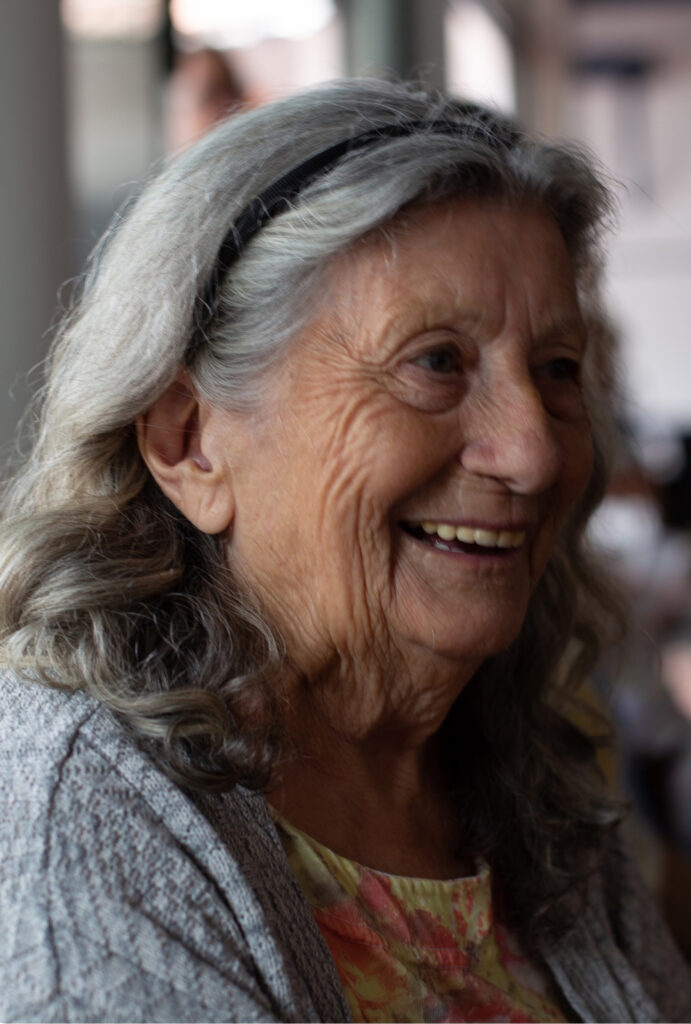
Tracy
Having the Hestia app helped me to build trust in its service to tell me when there may have been a fall or there were near falls. It was quite a good wake up call. I have learned more about my husband's behaviour and adjusted how I care for him.
About Tracy
Tracy is a dedicated unpaid carer for her 89-year-old husband, who was diagnosed with Dementia and Parkinson’s disease. Their active lifestyle, including traveling and attending exhibitions and the theatre, has been significantly impacted since his diagnosis.
Adjusting to their new lifestyle since the diagnoses, Tracy finds it difficult to engage in spontaneous activities and requires significant assistance with physical tasks. She also finds it challenging to handle all the responsibilities on her own, and she wishes she could share the caring duties with a professional carer.
“You just get on with things, you don’t really think oh, this is going to help me because I’m not really thinking about that when it comes to caring for him.”
How Hestia helped Tracy
Enhanced peace of mind & reduced stress levels
By utilising Hestia‘s data , Tracy gained insights into her husband’s behaviours, helping her predict and prevent falls, which is especially valuable given his Parkinson’s condition.
Improved mental & physical wellbeing
Hestia allowed Tracy to have more time for herself, enabling her to indulge in activities she loves and help her keep active, like pilates and yoga, and spending quality time with friends and family.
Shared caring responsibilities
Tracy recognises the value of professional carers and believes that sharing the caregiving responsibilities with them would greatly benefit both her and her husband.
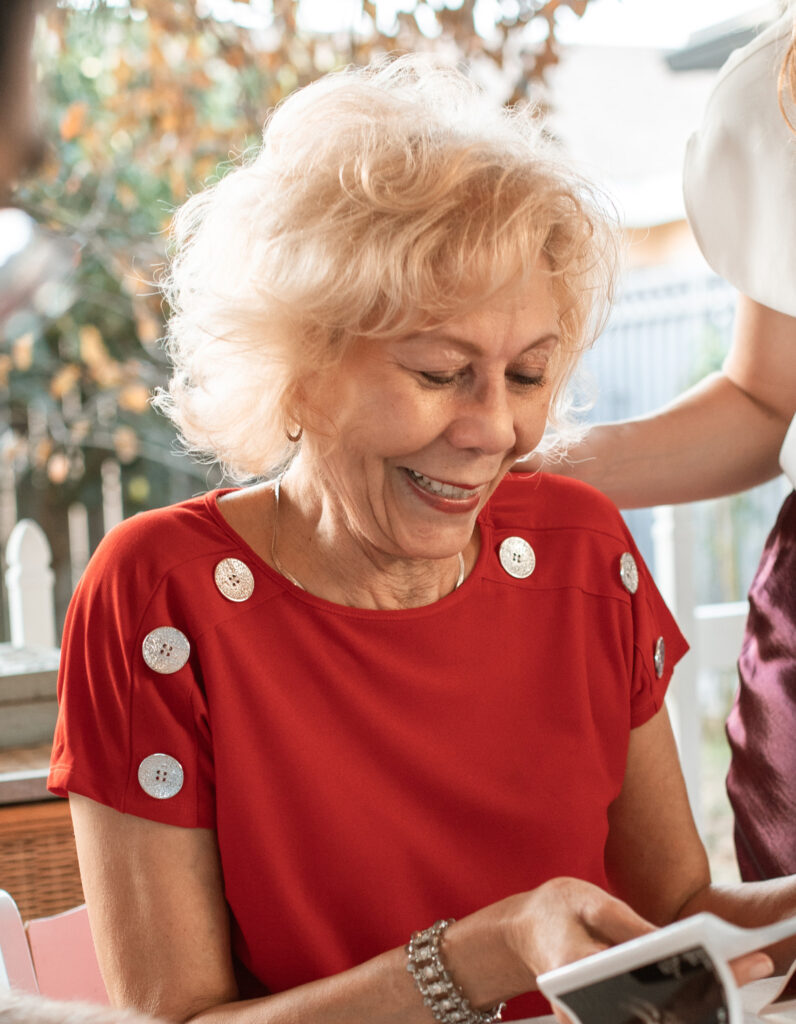
Helen
Hestia heightened my's awareness of the fact that my husband has the potential to fall over which helped give me a peace of mind. If I were to go out and need to check in on my husband, Hestia can help make sure nothing serious is going on.
About Helen
Helen is the primary caregiver for her 78-year-old husband, who has Alzheimer’s disease. Helen’s caring responsibilities are extensive, and she often stays up late preparing everything for him. Following her husband’s stroke several years ago and subsequent lockdowns, Helen noticed changes in his behaviour, prompting her concerns.
She worries about his safety, especially when he unexpectedly wanders out of the house, leading to potential falls. Helen desires more knowledge about managing the care burden and improving her husband’s independence while ensuring his safety.
“Being able to have some form of normality would be good, I’m not stressed all the time but there are times in the day when I feel stressed because of his frustration.”
How Hestia helped Helen
Enhanced safety and wellbeing
Hestia provided Helen with valuable data and records her husband’s behaviour, allowing her to identify potential near-fall, take preventative measures and structure evenings based on his behavior patterns.
Increased peace of mind & personal freedom
With Hestia’s ability to track and notify her about unusual activity, Helen can go out without worrying excessively about her husband’s safety. Helen was able to enjoy moments of normality and the freedom to engage in social activities, without being constantly concerned.
Better communication with other carers
Helen appreciated the central system Hestia offers, which ensures that all carers have access to the same information about her husband, reducing frustration and improving efficiency.
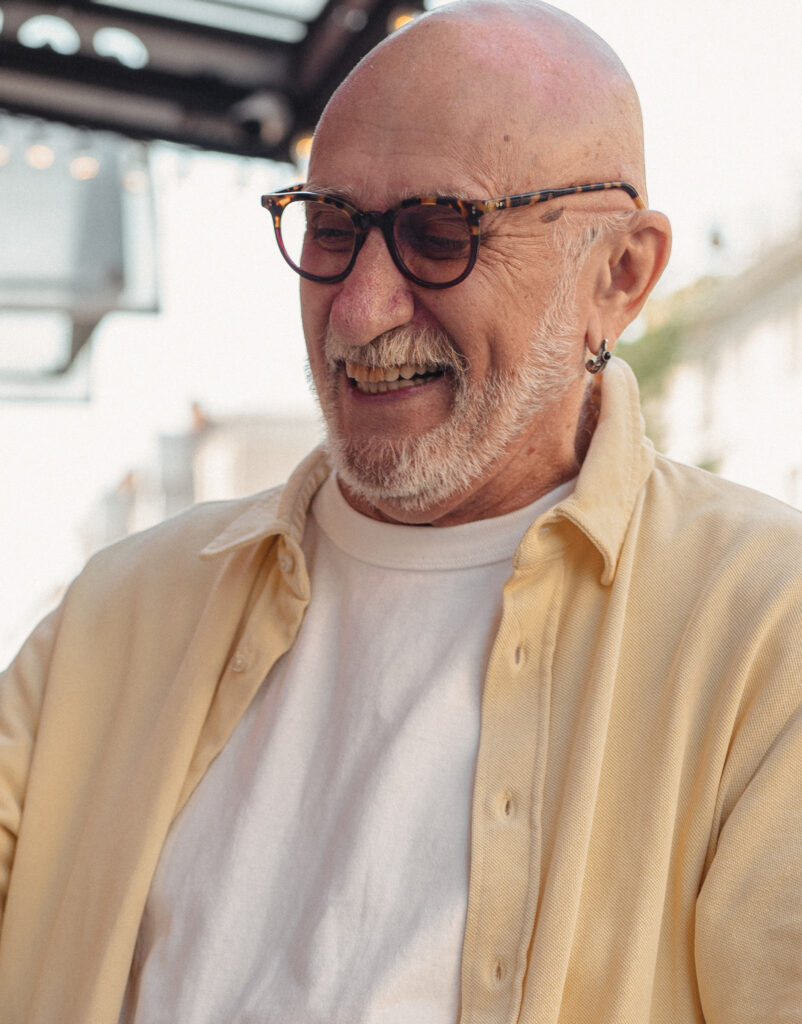
Neil
Hestia has helped me understand where the risk areas are within our home to pre-empt any near falls or falls. It has alleviated some of the stress I feel towards the guesswork I has to do sometimes. It's really helped me feel more confident.
About Neil
Neil retired to become the full-time carer for his 51-year-old wife, who had a stroke a year ago, leaving her with speech and mobility difficulties. Neil constantly worries about his wife’s safety and feels guilty about not being able to do more to help her.
Neil expressed concern for his wife’s safety and the challenges arising from her severe aphasia, which hinders effective communication. He reported about how recently she has been having accidents where she is trying to get up to do things by herself. But this will often cause her to injure herself by falling or falling onto something.
For Neil, it’s all about security and safety. When he is around, he doesn’t worry as much but when he isn’t he is worried that she might not be safe. He seeks a solution that can help him better understand his wife’s condition and facilitate communication.
“I’d really like a product that can help me understand what the risks are or tell me what might have really happened.”
How Hestia helped Neil
Enhanced safety and wellbeing
Hestia enabled Neil to identify high-risk areas in their home and install sensors accordingly, allowing for quick responses to potential dangers.
Increased confidence and peace of mind
Using Hestia’s data to understand his wife’s condition better and become aware of the most vulnerable areas, Neil feels more confident in providing direct assistance and reducing the guesswork involved in caring.
Improved personal wellbeing
Neil recognised the importance of maintaining his own health and wellbeing to continue providing effective care, and Hestia assisted him in finding time for exercise and activities he enjoys.
Streamlined caregiving coordination
Hestia facilitated effective communication among various carers, enabling them to access essential information about Neil’s wife, ultimately enhancing the overall delivery of care.
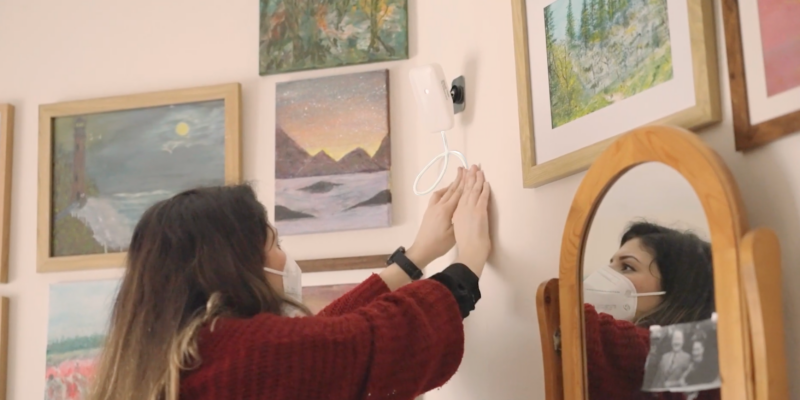
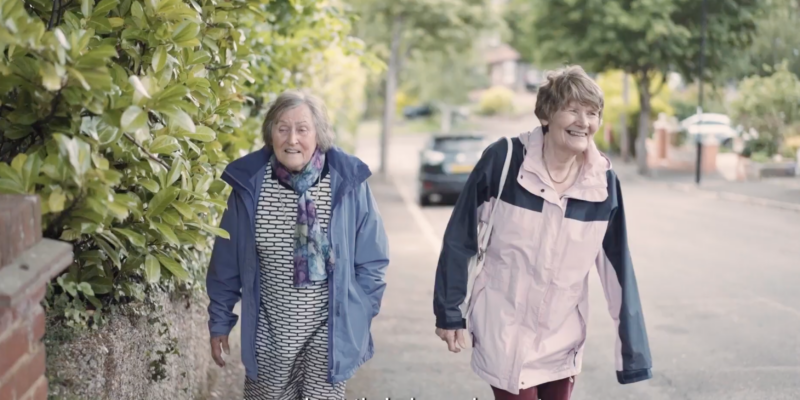
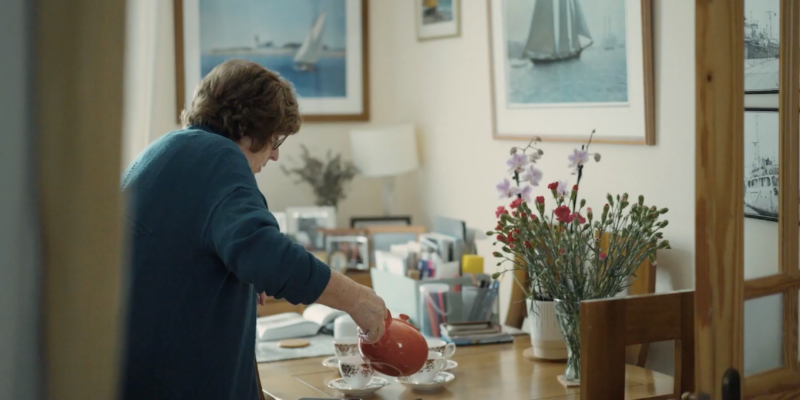
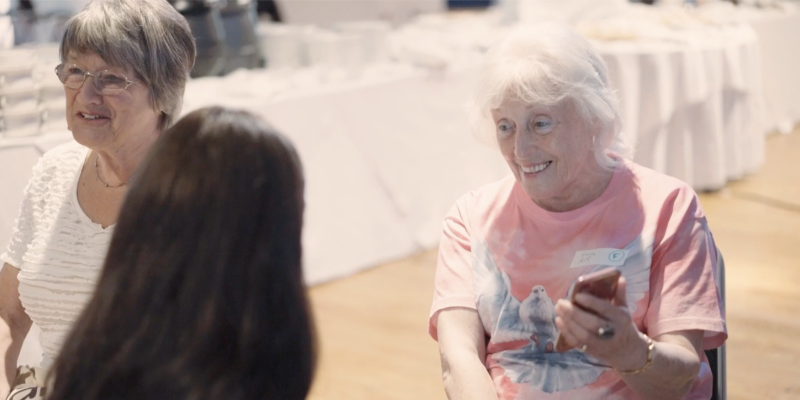
Join the Waitlist today
Do you know other carers who could benefit from Hestia?


